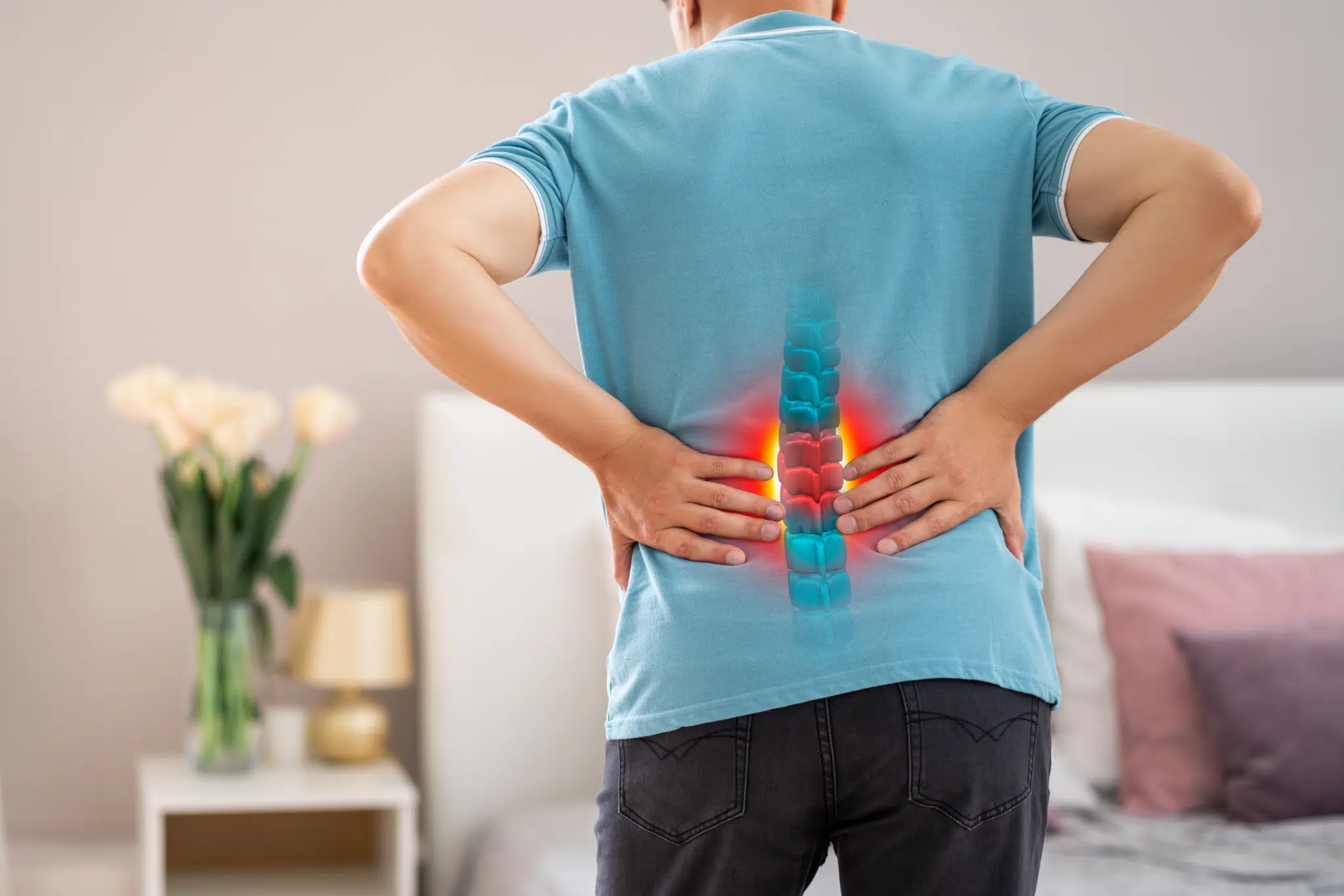Can Herniated Discs Heal Completely?
Dealing with herniated discs can be a prolonged and often painful experience. The uncertainty about whether a herniated disc can heal completely is a common concern for many patients. At the Chicago Institute for Neuropathic Pain, we frequently encounter questions about the healing process, recovery time, and expectations for a return to normalcy.
Understanding Herniated Discs
Before we delve into whether herniated discs can heal completely, it is essential to understand what a herniated disc entails. Spinal discs are rubbery cushions between the vertebrae that make up the spinal column. A herniated disc, also known as a slipped or ruptured disc, occurs when the soft center of a spinal disc pushes through a crack in the tougher exterior casing. This can irritate nearby nerves and result in pain, numbness, or weakness in an arm or leg.
The Healing Process
The body has an inherent ability to heal itself, and this includes the spinal discs. However, the extent and speed of healing can vary widely among individuals. Several factors contribute to the healing process, including the severity of the herniation, the individual's overall health, and how well the body responds to conservative treatment methods.
Conservative Treatments
The good news is that for many individuals, herniated discs can heal with time and conservative treatment. These treatments may include physical therapy, medications to reduce pain and inflammation, and lifestyle modifications such as weight management and ergonomic adjustments at work and home.
Advanced Interventions
In cases where conservative treatments do not provide sufficient relief, more advanced interventions may be considered. These could involve epidural steroid injections to reduce inflammation or, in some cases, surgical options. Surgery is usually seen as a last resort when other treatments have failed and the symptoms persist, significantly affecting the patient's quality of life.
Factors Influencing Healing
Age and Health:- Age plays a significant role in healing. Younger individuals with healthier discs are more likely to experience a complete healing process compared to older adults, who may have discs that are more prone to injury and slower to recover due to age-related degeneration.
Lifestyle Choices:- Lifestyle choices also have a significant impact on healing. Smoking, for example, can impair circulation and slow down the healing process, while regular exercise and proper nutrition can promote recovery.
The Severity of the Herniation:- The size and location of the herniation also affect the healing process. Smaller herniations are more likely to heal completely than larger ones. A herniation that is centrally located may be less likely to irritate a nerve and thus may heal without surgical intervention.
Long-Term Outlook:- For many patients, symptoms improve over time. According to research, a large percentage of patients find relief from symptoms without the need for surgery. The long-term outlook is positive for most, but it is also important to manage expectations. Some individuals may continue to experience some degree of discomfort or need to modify their activities to prevent re-injury.
Preventing Re-Injury:- Preventing re-injury is a critical part of the recovery process. Maintaining a healthy weight, staying active, practicing good posture, and using proper body mechanics during physical activities can all help reduce the risk of a recurrent herniated disc.
Final Thoughts
So, do herniated discs heal completely? The answer is not a simple yes or no. While the body has an impressive capacity to heal, the completeness of recovery from a herniated disc can depend on a multitude of factors, including the individual’s response to treatment, lifestyle, and the severity of the herniation. At the Chicago Institute for Neuropathic Pain, we encourage patients to maintain an optimistic outlook and follow a tailored treatment plan that promotes the best possible recovery.
If you are dealing with the pain and discomfort of herniated discs, remember that you are not alone. With the right combination of treatments and lifestyle adjustments, you can manage your symptoms and move toward a more comfortable and active life. We are here to guide you through that process, offering expert care and support every step of the way.
For more information on managing herniated discs and neuropathic pain, visit the Chicago Institute for Neuropathic Pain website. Let us help you navigate your journey to recovery and improve your quality of life.

